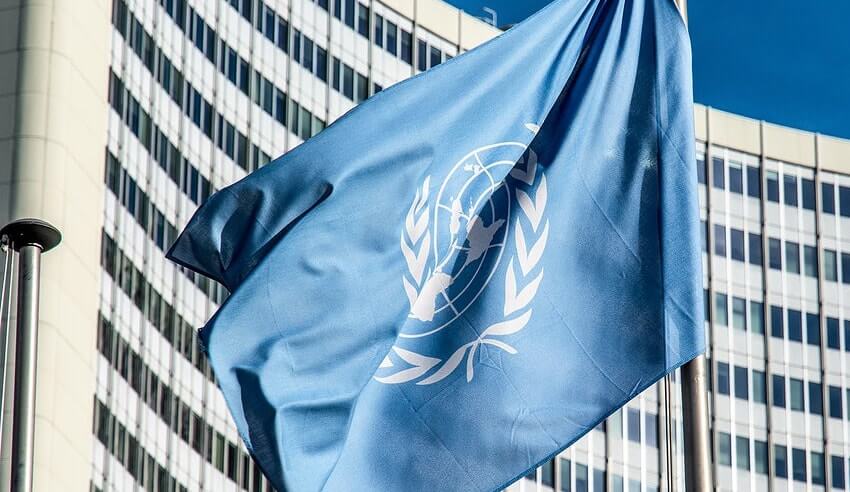Despite “clunkiness in language”, and “lots of references to brotherhood”, the United Nations’ Declaration of Human Rights is a document that, on its 70th anniversary, remains remarkable, according to a leading legal scholar.

Speaking last Friday at the Australian Bar Association and NSW Bar Association National Conference, Professor Hilary Charlesworth said that this particular UN Declaration is “remarkable” in that, for the first time, a general catalogue of the rights of individuals was made the explicit subject of international standards.
So, is the Universal Declaration a relic of a bygone era, without relevance today, she asked?
“I think that enthusiastic prediction about the integration the Declaration provided, has been largely met. But the ideological and political divisions that were really papered over in the text of the Declaration, are today deeper and starker. But aside from that, I've been looking at all the literature generated around each of the previous anniversaries of the Declaration [and] it always has seemed to be under threat. Each decade’s produced new challenges,” she mused.
“And I think today, the growth of populism, and the resurgence of authoritarian governments, pose a fundamental challenge to the protection of human rights. In other words, they require curbing the views of the majority, with respect to vulnerable and minority groups.”
But what is really striking, she argued in celebrating the Declaration, is that it is “really difficult to imagine” that “this very economically-drafted text” of 30 articles of the Universal Declaration could possibly emerge from any 21st drafting process.
“Today, I think if we gave that to the UN to attempt to draft, it would be huge. It would be hedged around. It would be qualified. It’s almost impossible to imagine that that would be adopted today. And if one just looks at some of the debates that occurred [about human rights] more recently, there’s huge resistance – including countries like Australia – to an instrument that set out international standards of human rights protection, rather than deferring to a state’s own interpretation of its citizens’ rights.”
Also, as a statement, I think it’s quite striking to think that in 1948 we were arguing for an international judicial mechanism to monitor international human rights guarantees. It’s almost impossible to imagine Australia supporting that today. I think for these reasons alone, it seems to me that the Universal Declaration is worth hanging onto and celebrating.”
The articulation of the Declaration’s tenets has made them into world currency of a negotiable sort, she concluded.
“Even if its articles are ignored or flouted, in many cases, by governments who signed up to them, it provides a worldwide amplification system for the still, small voice,” she said.
“So, I think its small voice reminding us, in the words of Article One, that all human beings are born free and equal in dignity and rights, that we need to hold on to, in this very unsettling era of populism and authoritarian resurgence.”

Jerome Doraisamy is the managing editor of professional services (including Lawyers Weekly, HR Leader, Accountants Daily, and Accounting Times). He is also the author of The Wellness Doctrines book series, an admitted solicitor in New South Wales, and a board director of the Minds Count Foundation.
You can email Jerome at: